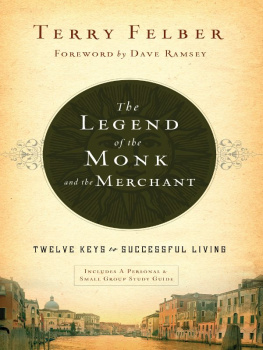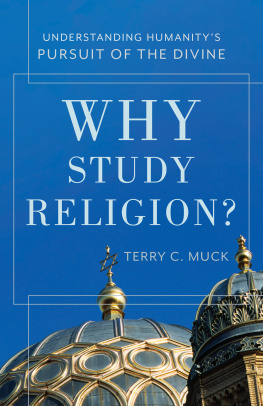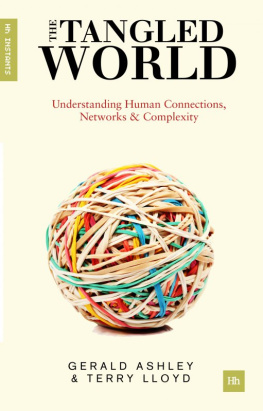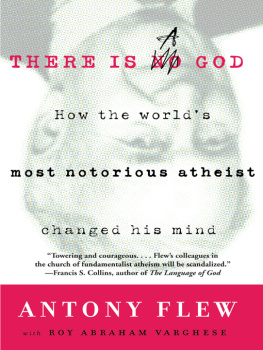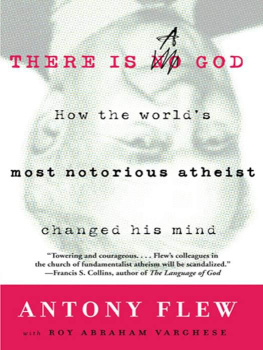Terry Flew, under exclusive licence to Macmillan Publishers Ltd, part of Springer Nature 2007, 2018
All rights reserved. No reproduction, copy or transmission of this publication may be made without written permission.
No portion of this publication may be reproduced, copied or transmitted save with written permission or in accordance with the provisions of the Copyright, Designs and Patents Act 1988, or under the terms of any licence permitting limited copying issued by the Copyright Licensing Agency, Saffron House, 610 Kirby Street, London EC1N 8TS.
Any person who does any unauthorized act in relation to this publication may be liable to criminal prosecution and civil claims for damages.
The author has asserted his right to be identified as the author of this work in accordance with the Copyright, Designs and Patents Act 1988.
First edition published 2007
This edition published 2018 by
PALGRAVE
Palgrave in the UK is an imprint of Macmillan Publishers Limited, registered in England, company number 785998, of 4 Crinan Street, London, N1 9XW.
Palgrave and Macmillan are registered trademarks in the United States, the United Kingdom, Europe and other countries.
ISBN 9781137446541 hardback
ISBN 9781137446534 paperback
This book is printed on paper suitable for recycling and made from fully managed and sustained forest sources. Logging, pulping and manufacturing processes are expected to conform to the environmental regulations of the country of origin.
A catalogue record for this book is available from the British Library.
A catalog record for this book is available from the Library of Congress.
Preface
Any current book on global media has to face up to three challenges. First, there is a need to reconcile an interest in the global dimensions of media with a preparedness to critically scrutinize claims that we now live in an unprecedented era of the global that supersedes earlier stages of human history, particularly those where the nation-state had primacy. Such perspectives have been associated with globalization theories and, as we will see in this book, there are considerable grounds for questioning the claim that nation-states and territorially based forms of culture and identity are in inexorable decline. Understanding the global dimensions of media without succumbing to an ideology of globalism is an important test of scholarship in this field.
The second challenge is to clarify what is now meant by the media in an age of digital networks, convergent platforms and user-generated content. Key perspectives considered in this book, such as modernization theory and critical political economy, were initially framed around film and broadcast media, and have had to be significantly retooled for understanding the global internet and social media. As with globalization, the divide between old and new media can be overstated television is now clearly a digital media platform, and many of the worlds most accessed websites are the online versions of traditional media brands but there are clearly challenges in setting the parameters of the media in an age where digital platforms carry virtually everything. It reminds us of the need to conceive of media in terms of technologies that enable people to communicate, rather than tying it to particular industry structures, types of content or forms of carriage.
Finally, there is the question of media-centric approaches and those that stress the social, political, economic and cultural contexts in which media operate. All media theories have had to balance this question, from mass communication debates about media effects to questions of whether the internet presages a new version of what Marshall McLuhan termed the Global Village (McLuhan & Fiore, 1967). This book does place a stress on the relationship of media to social relations, and particularly power relations, as they play out on local, national and global scales. But in doing so, the intention is not to subsume what is interesting and important about the media itself in the thickets of social theory.
In developing the ideas that underpin this book, I have benefited from engagement with the International Communication Association (ICA), and particularly the Global Communication and Social Change division, of which I was Vice-Chair from 2013 to 2015 and Chair from 2015 to 2017. Thanks to Rashmi Luthra, Silvio Waisbord, Robert Huesca, Joe Khalil, Antonio la Pastina, Joe Straubhaar, Karin Wilkins, Daya Thussu, Jack Linchuan Qiu, Colin Sparks, Anthony Fung, Ju Oak Kim, Will Youmans, Shiv Ganesh, Radhika Gajjala and others with whom I have shared ideas in the Division. And of course thanks to the wider ICA community, particularly Cynthia Stohl, Amy Jordan, Francois Heinderyckx, Peter Vorderer, Patricia Moy, Peng Hwa Ang, Paula Gardner, Larry Gross, Michael Haley and Laura Sawyer.
The book benefited from the opportunity to present key ideas at conferences and university symposia in the United States, China, South Korea, Russia, Indonesia, Austria, New Zealand and Australia. Thanks to Wenshan Jia, David Craig, Clayton Dube, Jiannu Bao, Wen Wen, Elena Vartanova, Donald Matheson, Shin Dong Kim, Josef Trappel, Li Benqian, Li Jiashan, Zhu Lian, Zhang Xiaoyang, Xiao Han, Endah Triastuti, Billy Sarwono, Wang Xiaohua, Li Xiaomu and Haiyan Wang for inviting me to speak to their colleagues and to graduate students. Parts of this book have been presented at:
ICA-SJTU International Forum on New Media, Shanghai Jiao Tong University, Shanghai, China.
National Institute for Cultural Development, Beijing International Studies University, Beijing, China.
Center for Information and Communication Technologies & Society, Department of Communication Studies, University of Salzburg, Austria.
Institute for Cultural Industries, Shenzhen University, Shenzhen, China.
U.S.-China Institute, USC Annenberg School of Communication and Journalism, University of Southern California, Los Angeles, USA.
Asia Media Forum, Communication University of China, Beijing, China.
Thanks to my colleagues in the Creative Industries Faculty at the Queensland University of Technology for their insights and support. Among those who have helped to shape the arguments in this book are Stuart Cunningham, Jean Burgess, Axel Bruns, Nic Suzor, Adam Swift, Brian McNair, Stephen Harrington, Greg Hearn, Emma Baulch, Patrik Wikstrm, Liangen Yin, Bonnie Liu and Donna Hancox. Thanks to my graduate students, notably Jiajie Lu, Fiona Suwana, Rido Panjaitan, Callum McWaters, Falk Hartig, Angela Lin Huang and Seiko Yasumoto. Others who have helped me shape ideas in various ways include Julian Thomas, Michael Keane, Brian Yecies, Nina Li, Bill Dutton, Steve Wildman, Sandra Braman, Paulo Faustino, Leah Lievrouw, Hilde van den Bulck, Eli Noam, Tim Dwyer, Jonathan Hutchinson, John Hartley and Mark Gibson.
Finally, all the very best to my daughter, Charlotte Flew.



